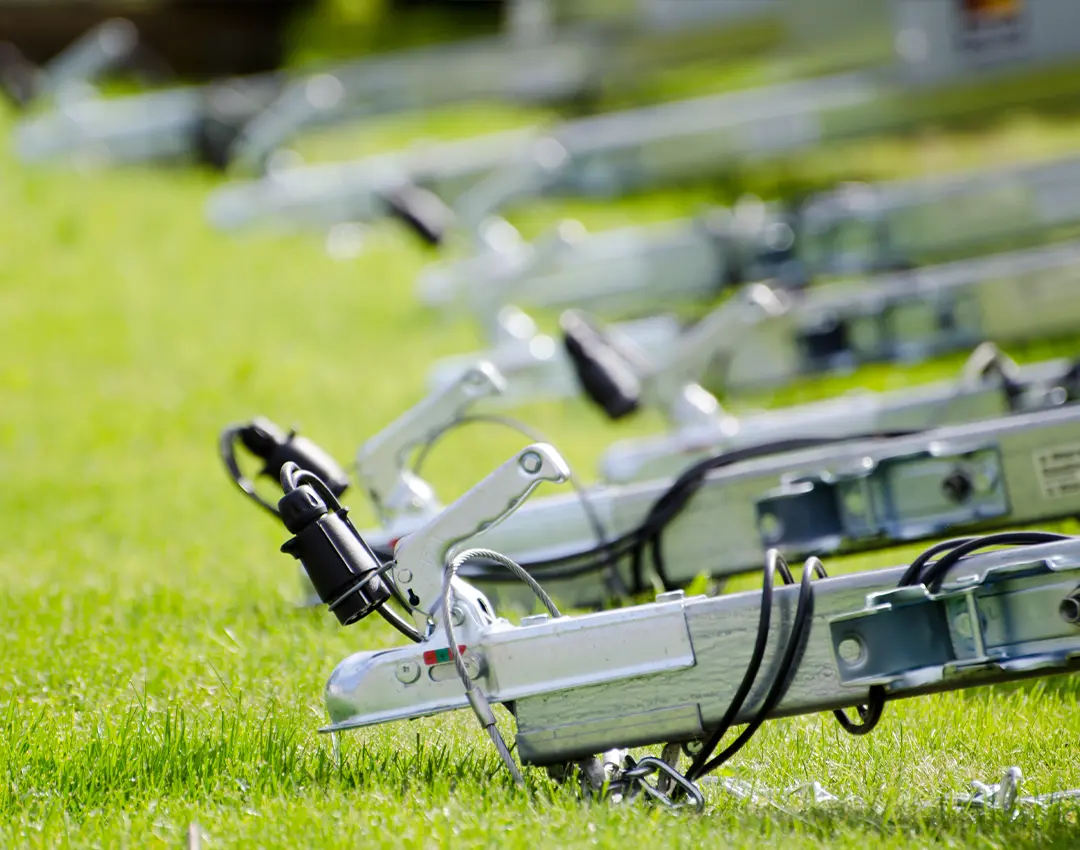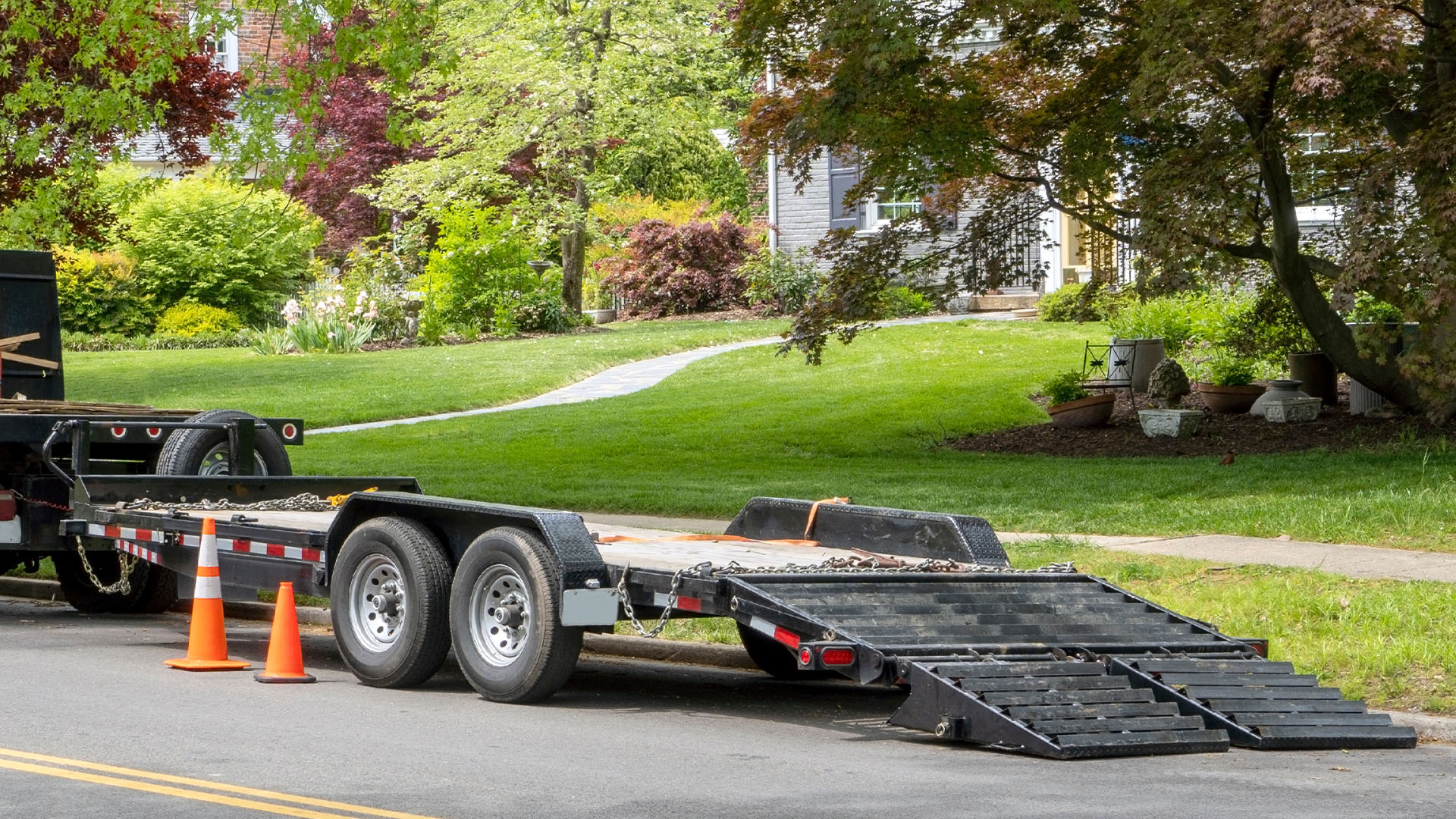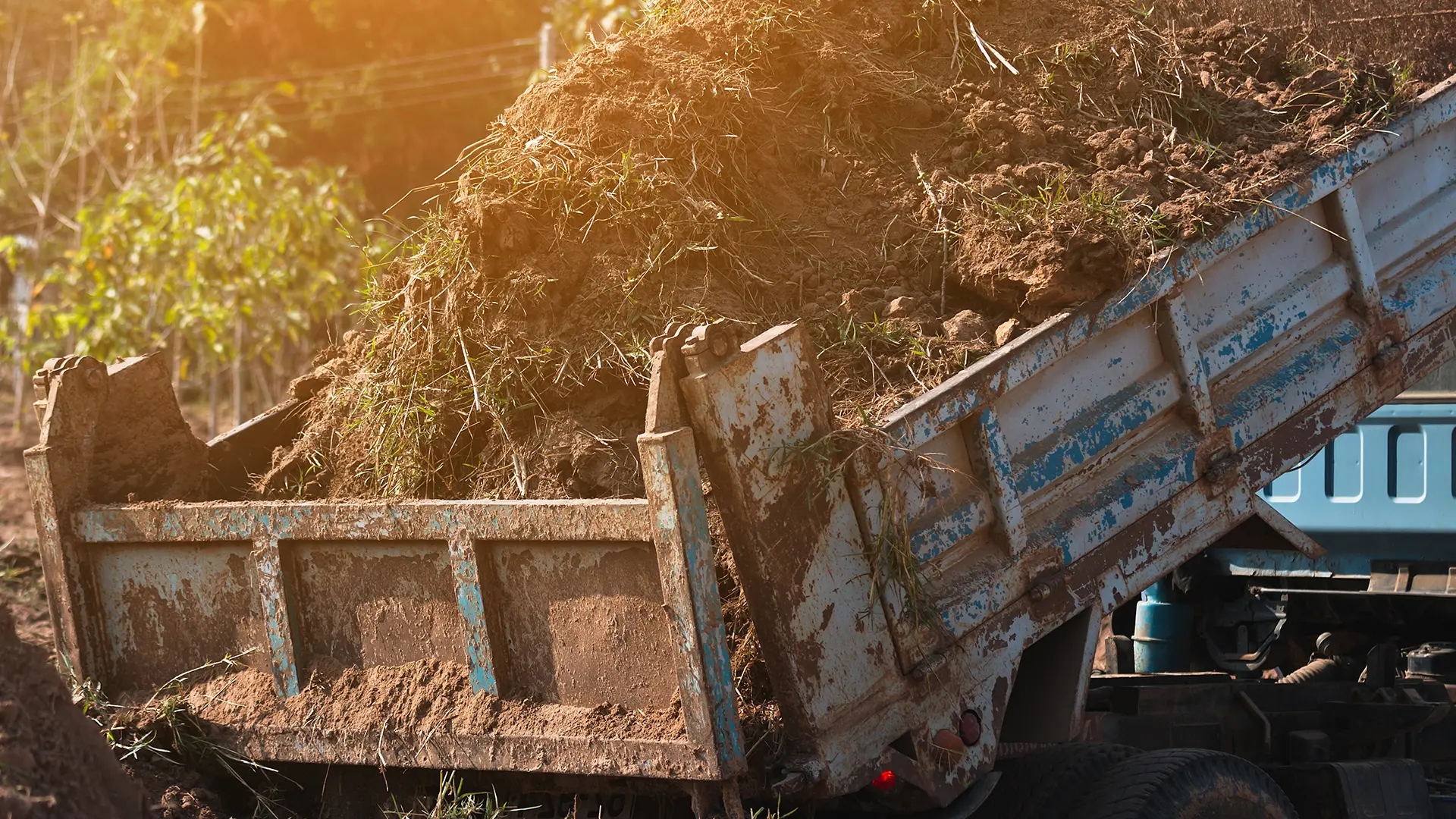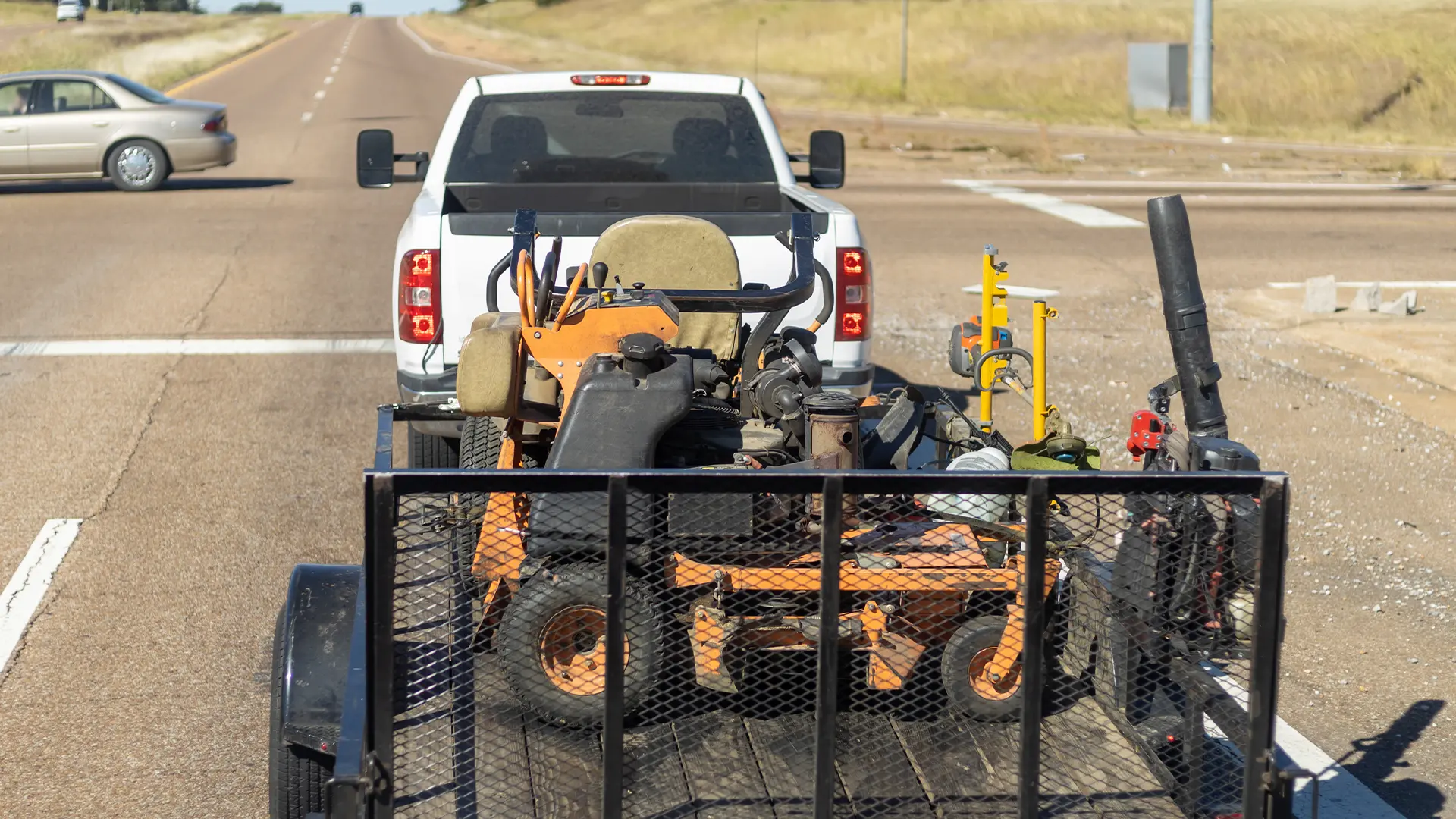What type of trailer should I buy?

Choosing the right trailer for your tractor is a crucial decision that can significantly impact your efficiency and productivity on the farm or construction site. With a plethora of options available, it's essential to consider your specific needs and the capabilities of your tractor. Here’s a guide to help you navigate through the key factors and types of trailers to ensure you make an informed choice.
1. Assess Your Needs

The first step in selecting a trailer is to evaluate what you’ll primarily be using it for. Consider the following aspects:
1. Load Type: Will you be transporting loose materials like soil, gravel, and sand, or larger, heavier items such as machinery and hay bales?
2. Frequency of Use: How often will you use the trailer? Daily heavy use demands a more robust and durable trailer than occasional light use.
3. Terrain: Assess the terrain where you’ll be using the trailer. Rough, uneven ground requires a trailer with good suspension and durable tires.
4. Tractor Capacity: Ensure your tractor can handle the weight of the trailer and its maximum load.
Here are some common types of trailers, each suited to different needs:
1. Utility Trailers: Utility trailers are versatile and can handle a variety of tasks. They are ideal for transporting small equipment, tools, and light materials. If your work involves frequent trips to different parts of your property with varied loads, a utility trailer is a practical choice.
•Pros: Versatile, easy to tow, suitable for multiple purposes.
•Cons: Limited load capacity compared to specialized trailers.
2. Dump Trailers: Dump trailers are designed for transporting and easily unloading loose materials like soil, sand, gravel, and agricultural products. They come with a hydraulic lift that tilts the trailer bed, allowing for easy dumping of the load.
•Pros: Efficient unloading, ideal for loose materials, saves time and labor.
•Cons: Generally more expensive, requires regular maintenance of hydraulic systems.
3. Flatbed Trailers: Flatbed trailers are suitable for hauling large, heavy items such as construction equipment, large hay bales, and building materials. Their open design allows for easy loading and unloading from any side.
•Pros: High load capacity, versatile for large items.
•Cons: Loads are exposed to weather, requires secure tie-downs for safe transport.
4. Livestock Trailers: If you’re transporting animals, a livestock trailer is essential. These trailers are designed to provide a safe and comfortable environment for animals during transport.
•Pros: Safe and humane transport of animals, designed for easy cleaning.
•Cons: Specialized use, higher cost for quality trailers.
5. Enclosed Trailers: Enclosed trailers protect your load from weather and theft, making them ideal for transporting valuable or sensitive items.
•Pros: Protection from the elements, added security.
•Cons: Heavier than open trailers, typically more expensive.

2. Types of Trailers
3. Key Features to Consider

When selecting a trailer, look for the following features:
1. Durability: Ensure the trailer is made from high-quality materials to withstand heavy use and harsh conditions.
2. Capacity: Match the trailer’s load capacity to your needs and ensure your tractor can safely tow the trailer when fully loaded.
3. Braking System: For heavy loads, trailers with their own braking systems are essential for safety.
4. Tire Quality: Good tires are crucial for smooth operation and longevity of the trailer.
5.Ease of Use: Features like hydraulic lifts, ramps, and tie-down points can make loading and unloading easier and more efficient.
Selecting the right trailer for your tractor involves careful consideration of your specific needs, the type of materials or equipment you’ll be transporting, and the capabilities of your tractor. Whether you need a versatile utility trailer, a robust dump trailer, or a specialized livestock trailer, prioritizing quality and suitability for your tasks will ensure you invest in a trailer that enhances your productivity and efficiency.
By taking the time to assess your requirements and understanding the different options available, you can make an informed decision that meets your operational needs and provides long-term value.
The Hobby Farm Journal team was assisted by generative AI technology in creating this content.




